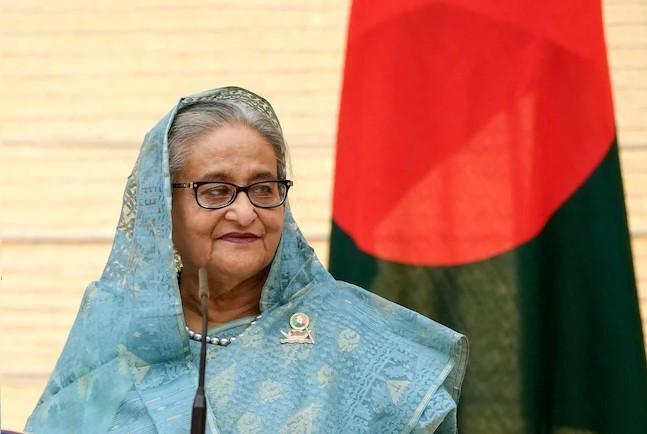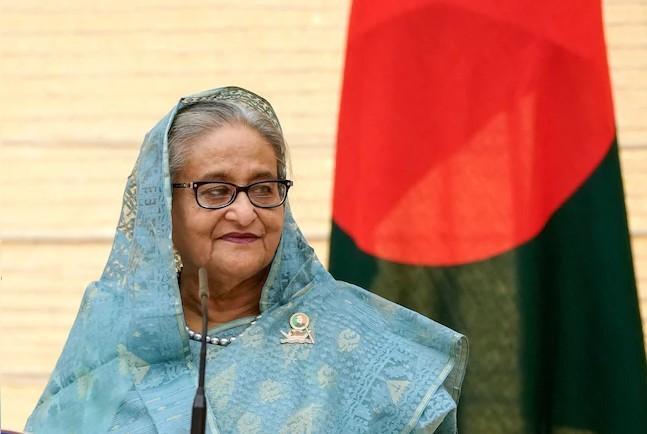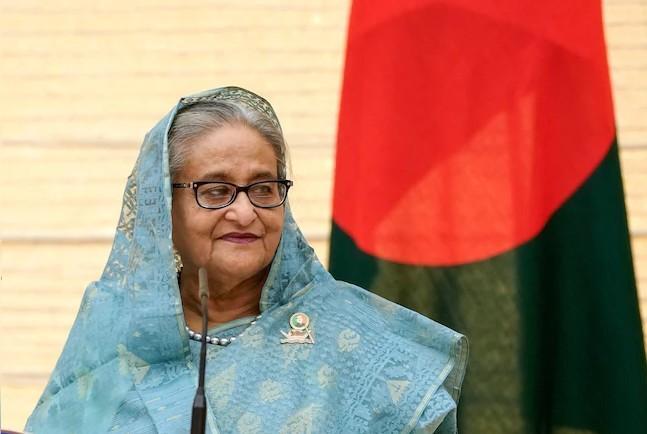
Hope Thailand & Cambodia will take measures for a cessation of hostilities: India
The ongoing border clashes between Thailand and Cambodia have raised concerns globally, and India is no exception. The Ministry of External Affairs (MEA) has issued a statement expressing its desire for a peaceful resolution to the conflict. According to the statement, India has close and friendly relations with both countries and hopes that they will take measures to cease hostilities and prevent further escalation.
The border clashes between Thailand and Cambodia began earlier this month, with both sides exchanging fire and accusing each other of aggression. The situation has been tense, with reports of casualties and damage to property on both sides. The international community has been closely monitoring the situation, and the Indian government has also been keeping a close eye on developments.
India’s MEA spokesperson, Randhir Jaiswal, said in a statement that India was “closely monitoring the situation” between Thailand and Cambodia. He emphasized India’s friendly relations with both countries and expressed hope that they would take measures to prevent further escalation and cease hostilities. Jaiswal’s statement reflects India’s long-standing desire for peace and stability in the region.
India’s relations with both Thailand and Cambodia are significant, and the country has historical ties with both nations. India has traditionally been a major player in Southeast Asian affairs, and its relations with Thailand and Cambodia are built on shared values, cultural exchange, and economic cooperation.
Thailand and Cambodia have a complex history, with both countries having been colonized by European powers in the past. The border between the two countries has been the site of numerous conflicts and disputes over the years, and the current clashes are just the latest in a long series of tensions.
The current conflict has its roots in a range of issues, including territorial disputes, cultural and historical differences, and economic rivalries. The situation has been exacerbated by the presence of armed groups and militias in the border region, which have been accused of supporting one side or the other.
India’s concern about the situation is understandable, given its own strategic interests in the region. The country has been working to strengthen its ties with Southeast Asian nations, and the ongoing conflict between Thailand and Cambodia could potentially destabilize the region and undermine India’s efforts.
Furthermore, India has a significant economic stake in the region, with trade and investment ties with both Thailand and Cambodia. The conflict has the potential to disrupt these ties, which could have negative consequences for India’s economy.
In addition to its economic interests, India also has a significant cultural and historical connection with the region. The country has a long history of engagement with Southeast Asia, dating back to the ancient times. The region has been an important part of India’s cultural and spiritual heritage, and the ongoing conflict could potentially undermine this connection.
In light of these factors, India’s call for a cessation of hostilities and prevention of further escalation is timely and necessary. The country has a significant role to play in promoting peace and stability in the region, and its efforts could help to bring an end to the conflict.
India’s approach to the conflict is likely to be guided by its policy of non-alignment and its commitment to promoting peace and stability in the region. The country has a long history of engaging with Southeast Asian nations, and its diplomatic efforts are likely to focus on promoting dialogue and negotiation between the parties.
India’s MEA spokesperson, Randhir Jaiswal, has emphasized the need for both sides to take measures to prevent further escalation and cease hostilities. This approach is likely to be supported by the international community, which has also called for restraint and dialogue.
In conclusion, India’s call for a cessation of hostilities and prevention of further escalation between Thailand and Cambodia is a timely and necessary intervention. The country has a significant stake in promoting peace and stability in the region, and its efforts could help to bring an end to the conflict.
As the situation continues to unfold, it is essential that both sides refrain from further violence and engage in dialogue to resolve their differences peacefully. The international community has a role to play in supporting this process, and India’s diplomatic efforts are likely to be crucial in promoting a peaceful resolution.





